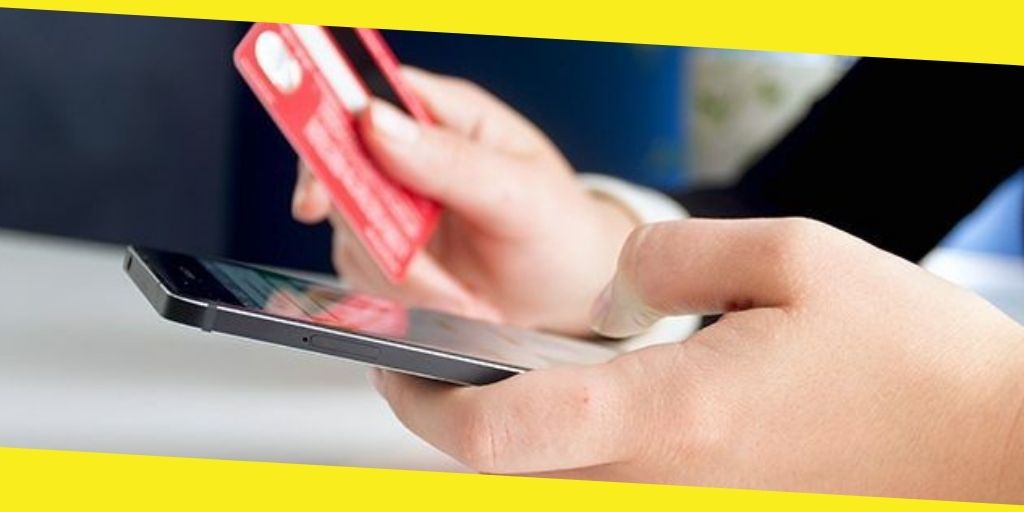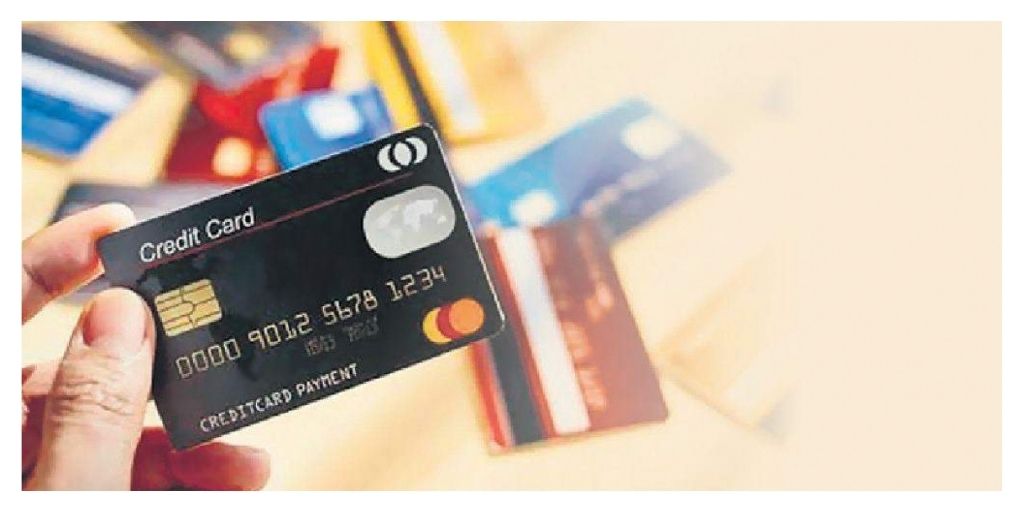The Newbie Millennial’s Guide to Managing Credit
If you are a millennial, chances are you have been accused of having poor financial habits. You may fit this label, in which case, you will have to learn how to handle online credit card bills properly. This article is a beginner’s millennial guide to managing credit. In this article, we shall take a look at some of the most common mistakes credit cardholders make.
Most common mistakes Credit Cardholders make
Credit cards can be as dangerous as they are useful if you do not know what you are doing. With the credit you get, you might be tempted to spend your money recklessly on various purchases and pay for them later. However, you will end up repaying your debt with significantly high interest. Here are a few mistakes most cardholders make:

Maxing out your credit card
Many people tend to max out their credit card, which is a foolish thing to do. It is never a great idea to use all the credit on your card. If you use it, you boost your utilization ratio, which, in turn, affects your credit score. If you wish to increase your credit score, which is required to fetch you the best offers on credit cards and loans, you need to keep your utilization rate low. However, if you find yourself having to use most of your credit every month, consider increasing your limit.
Not keeping track of your credit card statements
Here’s an incredibly common mistake people make. You need to monitor your statements early so that you make your payments on time. Also, you can make sure there are errors – intentional or otherwise. Overlooking errors in your transactions like the charges and fees can force you to pay more than required. Doing so will reduce your overall credit score. Don’t want that to happen? Check your statements regularly.
Falling into the minimum payments trap
Make sure you do not fall into the minimum payment trap. Sometimes you may have no choice but to make minimum payments. However, you need to make sure you do not pay the minimum every time. If you do not pay your full balance on time, you could find yourself in debt thanks to a barrage of unnecessary charges and interest. The more debt you have, the more difficult the process of repaying it. The best way to go about this is to avoid getting into debt in the first place by repaying your balances in full.
Closing new credit cards
Here’s another common mistake. The average time-span for which you hold on to your credit card affects your credit score. If you close your credit cards too often, you can reduce your credit score. The older your credit card account, the better it is for you to keep it running. However, sometimes you may have no choice but to close it if you find that you have too many charges to clear. Keep in mind that if you have a track record of keeping your utilization rate low, eliminating card balance, and not having to pay late fees and other charges, it is better for you to keep your credit card running.
Carrying your balance
If you want to avoid damaging your credit score, avoid carrying a balance from month to month. It is a misconception that keeping a credit balance boosts your credit score. However, doing so can lower your credit score. This happens because you tend to increase your utilization rate if you have a month to month balance. Also, you will end up spending a lot more money on the charges and other fees that get levied on your balance.

Getting new credit cards too often
Every time you apply for a new credit card, your credit card records a new inquiry. If you do this too often within a short time frame, you run the risk of coming across as a liability to your lenders. Make sure you apply only when you need to. A general rule of thumb is to apply for one every six months.
What should you do to maintain a good credit profile?
By now you know some of the most common credit mistakes people make as they figure out how to pay their credit card bill. Here are a few tips to help you maintain a good credit profile:
Keep your Debt to Income ratio in check
If you haven’t realized by now, you need to have an excellent credit score. A vital part of that is to know that you need to maintain your debt to income ratio. Your monthly repayment must be 35 – 45% of your income. Payments exceeding 45% of your income can get you in trouble. If you want to crawl out of a situation like this, you will have to focus on one source of debt at a time and clear it.

An excellent way to do this is to convert your credit card debt to a consolidation loan and pay off your debt at a considerably lower, fixed interest rate.
Take care of your bills
As obvious as this sounds, most people do not follow this rule. If you are casual with your bills you will end up suffering for it. Most people make credit card repayments every month. Try to make two payments a month if you think it’s possible and get rid of your debt earlier. As you may have guessed, the more payments you make quickly, the faster you clear your debt. However, if you don’t, you run the risk of getting charged with interest and other fees along the way. Also, make sure you use any incentives or extra money you get to clear your credit debt as soon as possible.
Take a loan
When we say take a loan, it does not mean you should take a loan to add to your credit debt. Convert your credit debt into a personal loan. This loan is also called a consolidation loan, as mentioned earlier. The advantage of doing this is that you get a fixed interest rate.
You may be aware that many credit cards have varying interest rates, which means you cannot predict your monthly credit bills. To make things worse, the interest rates on these cards are generally high. However, if you have a consolidation loan, you can effectively cut down the interest you are liable to pay and get more time to make your loan repayments.
Do not apply for multiple credit cards and overspend
As tempting as it is to overspend and max out your credit cards, this will land you in a lot of trouble. You are better off not splurging on online subscriptions, products, and so on. The best thing for you to do is be conservative with your money and spend only when necessary.
The other thing you should keep in mind is that your credit profile determines your credit score, which, in turn, shows you the credit card options you have at your disposal. If you want better deals on credit cards with benefits and reasonable interest rates, you will need to boost your credit score. Applying for multiple credit cards in a short period can affect your credit score adversely.
Recommended For You
Investors Are Looking to Liverpool for Property Opportunities
Most Inside
Most Inside offers high-quality recommendations and valuable updates to enhance all aspects of your life, providing premium guidance and enriching experiences.




